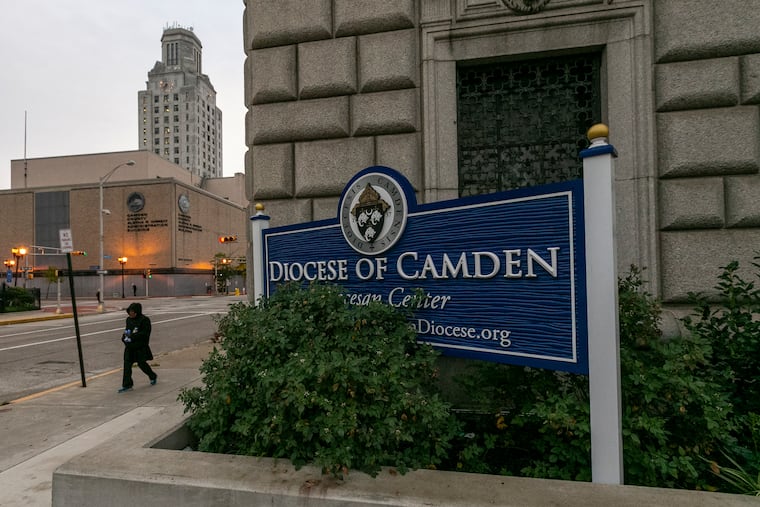Camden Diocese wins legal battle to prevent release of report on decades of clergy abuse allegations.
Seven years after New Jersey’s attorney general initiated an investigation into decades of sexual abuse by Catholic priests, the landscape remains fraught with frustration for many victims. This effort gained momentum in 2018 when then-Attorney General Gurbir Grewal announced plans to uncover abuse within the state’s Catholic dioceses, inspired by a groundbreaking report from Pennsylvania that detailed abuse involving over 1,000 children and hundreds of priests. Following this announcement, more than 500 victims reached out to the newly established hotline, sharing their harrowing experiences.
Among them, Samuel Rivera detailed abuse experienced as an altar boy in the late 1970s, while Todd Kostrub spoke of a decade of assaults that began at just seven years old. Similarly, Lara McKeever recounted the trauma faced by herself and her sisters at the hands of a priest during the 1980s and 1990s. Despite their courage in coming forward, victims have expressed deep disappointment over the lack of progress in the investigation.
To date, none of the reported victims have been called to testify before a grand jury, which state prosecutors had sought to convene. Moreover, the much-anticipated report detailing allegations against church officials remains unreleased, contributing further to the frustration. Recent court documents have revealed that the Diocese of Camden has engaged in a clandestine legal battle aimed at obstructing the investigation.
Diocese attorneys argue that New Jersey law prohibits grand jury reports from addressing wrongdoing by private institutions, particularly if those cases may not be prosecuted due to statutes of limitations. Courts have agreed, halting the possibility of impaneling a special grand jury to investigate these allegations. This legal stance has left many victims feeling abandoned and disheartened.
The implications of this protracted legal battle are significant, especially following the Camden Diocese’s 2020 bankruptcy due to numerous abuse-related lawsuits. The diocese ultimately agreed to pay .5 million to resolve claims involving hundreds of victims in one of the largest cash settlements concerning clerical sexual abuse in U.S. history. A list of 61 credibly accused priests has been published by the Diocese, though advocates argue this listing is insufficient, lacking comprehensive transparency.
As the debate continues, a pivotal moment looms on the horizon. The New Jersey Supreme Court is set to hear arguments regarding the grand jury investigation, determining whether prosecutors can proceed with a presentation that could shake the church’s foundation. Victims and advocates are emphasizing the need for a comprehensive examination of systemic abuse within Catholic institutions, hoping this legal process will finally pave the way for accountability.
Given the weight of public interest surrounding these issues, many argue it is essential for the grand jury to function as a mechanism for community conscience and reform. With the voices of survivors echoing through the legal corridors, the outcome of the Supreme Court’s deliberations could usher in a new chapter for victims seeking justice and healing.







